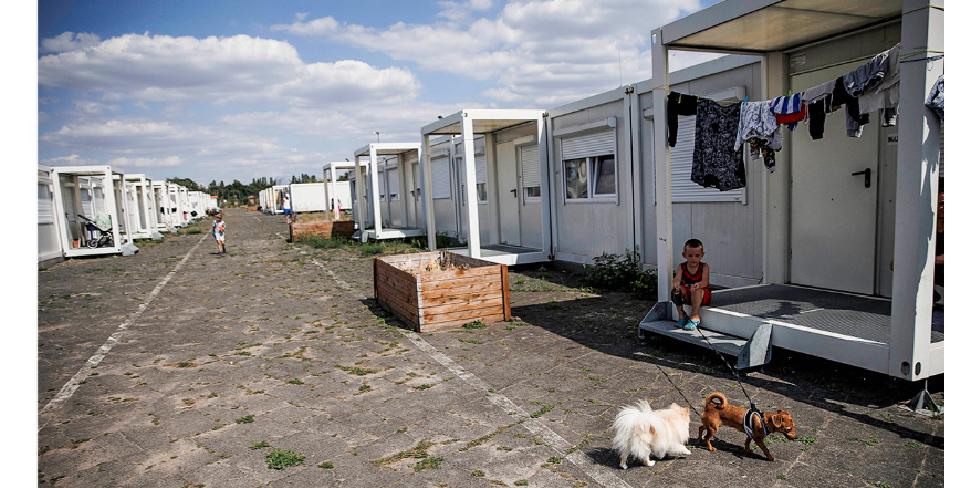The left would reform the quota system that distributes refugees, after they are slowly unable to accommodate asylum seekers in Berlin. However, the less burdened provinces do not want to hear about this.
A part of the left in Germany wants to transform the system regulating the distribution of refugees arriving in the country, as can be read in the columns of several German newspapers. The goal: to make it easier for asylum seekers to change their place of residence in Germany, thus preventing the three city-states – Berlin, Bremen and Hamburg – from being oversaturated with them. But not everyone is equally happy with the idea.
It is interesting that, in addition to the mayors of Hamburg and Bremen, the idea was put forward by Berlin's senator responsible for social affairs, who likes to adorn himself with the feathers of "diversity" and "openness to the world". Katja Kipping, who politicizes in the ranks of Die Linke said that there is simply too little space in the city-states to accommodate the growing number of asylum seekers.
According to the senator, the current system is inflexible, as moving between individual provinces is very difficult from an administrative point of view.
It is a fact that people fleeing to Germany from the war in Ukraine and in connection with it caused a wave of refugees in the country, similar in size to the one in 2015, for which the care system there was not prepared at all. According to the RBB, 85,000 people applied for residence in Berlin alone last year, of which 46,000 were granted. It is typical - we could say with some malice - that only around twenty thousand applied to the employment centers, at least according to the Berlin statistics.
It is true that the distribution of refugees within Germany is regulated by a system developed relatively long ago, which is really not very flexible.
The so-called Königstein key was created by the leaders of the West German states back in 1949, and its original purpose was to determine how much each state should contribute to the science projects of the FRG. When calculating the quota, two-thirds of the province's tax revenues and one-third of the population are taken into account. Thus, the quota of Hamburg, which has a relatively small floor area but great economic power, may be higher than, for example, that of Mecklenburg-Vorpommern.
Mandiner's full article here.
Author: Levente László Graczula
Image: AFP (migrant hostel at the closed Tegel airport)












